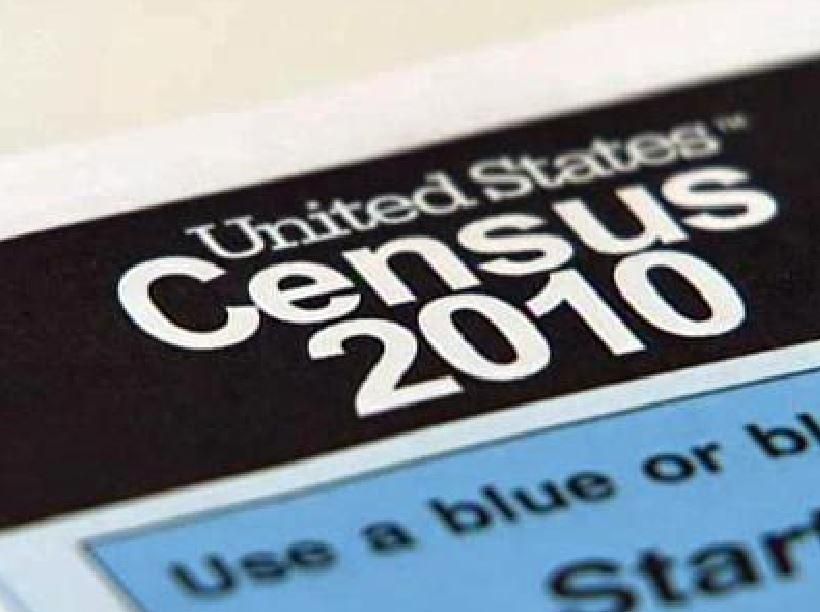Civil rights advocates discuss risks, benefits of 2020 Census

How do you warn people about potential problems with the 2020 Census while also encouraging them to participate in it? That was the question civil rights advocates and a demographic expert discussed Wednesday during a panel hosted at the Junior League of Raleigh.
Panelists spoke about data privacy concerns now that the upcoming census can be submitted online. They also criticized the federal government's plans to add a citizenship question to the census, saying immigrants and others will be less likely to participate. If they are undercounted, that will reduce their political representation and federal funding to their communities.
"We remain hopeful we can remove this question from the census," said Karely Hernandez, communications manager at the Leadership Conference on Civil and Human Rights. "It's really important that we are covering this issue because it impacts our communities."
Civil rights lawyers have sued the U.S. Commerce Department to try to stop plans to add the citizenship question, calling it an unconstitutional attempt to discriminate against immigrants. Commerce Secretary Wilbur Ross, who oversees the census, said the question is needed in part to help the government enforce the Voting Rights Act, a 1965 law meant to protect political representation of minority groups.
Every 10 years, the U.S. Census Bureau counts the number of people who live in every state and collects information about them. The census is used to determine the number of seats each state has in the House of Representatives as well as how federal money is distributed to local communities.
North Carolina could be on track to pick up its 14th seat in the U.S. House of Representatives, a seat the state nearly missed after the 2010 Census, according to Rebecca Tippett, founding director of Carolina Demography at the Carolina Population Center at UNC-Chapel Hill.
Tippett, who analyzes demographic and economic data, said participation in the census is critical for four main reasons – determining political power, getting funding from the federal government, encouraging economic growth and development and allowing for high-quality research.
"[It's] vital to fully funding the federal programs that funnel dollars into our state," Tippett said, adding that Medicaid and food stamps are two of the largest federally funded programs in North Carolina.
Businesses also use census data to help determine where they're going to relocate or expand, she said. If the numbers are wrong, it "skews census data and other statistics for the next 10 years," Tippett said. "It's an opportunity for everybody to stand up and be counted."
Those least likely to participate in the census include people without Internet access, those with language barriers and people who have confidentiality concerns or distrust the government, according to Stacey Carless, executive director of the North Carolina Counts Coalition.
It's important to encourage everyone to participate, Carless said, "otherwise, we have a distorted count."
Thomas Jefferson, then secretary of state, led the first census in 1790. It included six questions, including name of head of family and the number of people in each household. The 2020 Census plans to ask questions about age, sex, Hispanic origin, race, relationship, homeownership status and citizenship status.









